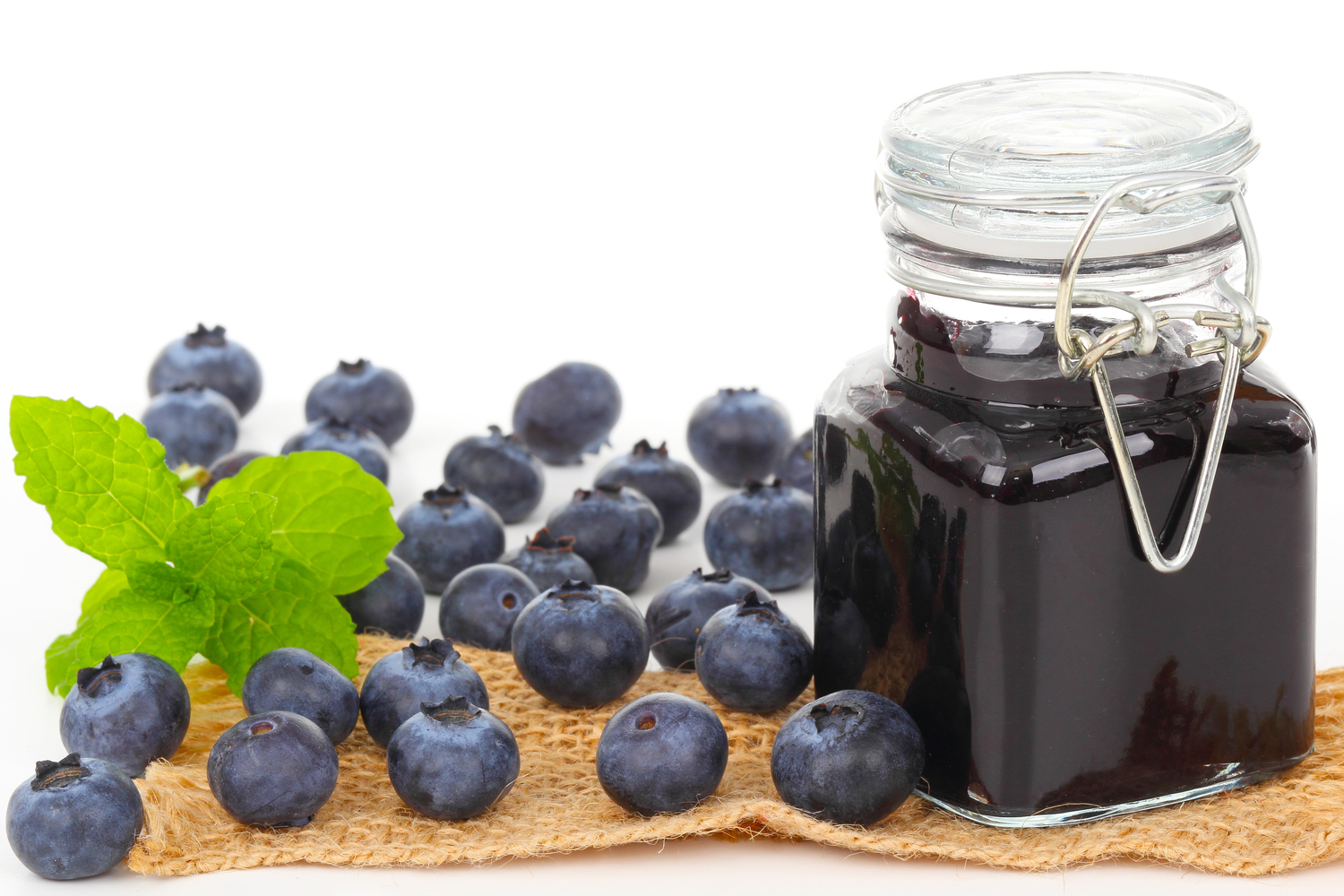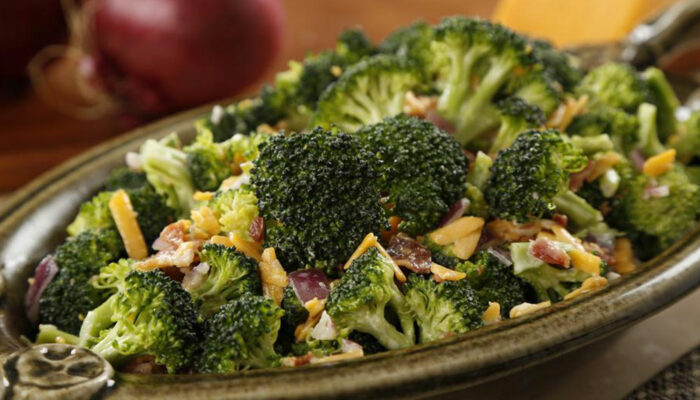
6 Foods to Ease Menopause Symptoms
Hot flashes, chills, vaginal dryness, mood changes, weight gain and night sweats are some of the most common symptoms associated with menopause. There are many menopause treatments that can be used, such as HRT (or hormone replacement therapy). However, studies show that certain dietary changes can also help ease menopausal symptoms.
For instance, the following foods have been shown to help manage several uncomfortable perimenopause symptoms:
Blueberries
Blueberries are filled with antioxidants, which help to manage the anxiety that can increase for women during menopause. As estrogen levels drop, impeding neurotransmitters in the brain, thus patients may experience hot flashes, disturbed sleep, increased anxiety and mood swings.
This increased anxiety and interrupted sleep, can contribute to a higher risk of heart disease development. Yet, dark berries (i.e., blueberries, cherries, raspberries, adn blackberries) can help protect your heart while also lowering blood pressure.
Spinach and kale
Spinach and kale are classified as cruciferous vegetables. Studies have shown that cruciferous vegetables can help reduce the symptoms of menopause. In particular, antioxidants from these dark leafy green vegetables can help boost mood and energy levels.
Fatty fish
Fatty fish, such as salmon and mackerel, is filled with two essential nutrients: omega 3 fatty acids and vitamin D. Studies have shown that menopausal women who are deficient in omega 3 fatty acids are more likely to suffer from night sweats. They also have a greater risk of developing breast cancer. Vitamin D can help strengthen bones, which is vital during menopause when bones tend to become weaker and more brittle. Vitamin D can also lower the risk of cancer development.
Yogurt
During menopause progesterone and estrogen levels fluctuate, which can lead to bloating and gas. Yogurt contains probiotics, which can help restore your gut health. Choose yogurt that is lower in sugar and fat, and fortified with vitamin D. use natural sweeteners like a touch of honey, cinnamon, bananas or berries.
Flax and chia seeds
Chia seeds and flax seeds can be added to your smoothies, desserts and oats. They are also great for women who are going through menopause. Flax seeds and chia seeds can reduce inflammation and hot flashes. Additionally, the healthy fats in flax and chia seeds can help regulate hormones, particularly estrogen. There are also beauty benefits that come along with adding chia seeds and flax seeds to your diet. For example, they help to naturally plump skin and promote hair growth.
Broccoli and cauliflower
Cauliflower and broccoli can also help to naturally stimulate estrogen production. These veggies increase the type of estrogen that can reduce breast cancer risk while simultaneously decreasing the type of estrogen that raises cancer risk. Calcium is one of the vital nutrients found in both broccoli and cauliflower, which helps to strengthen bones while lowering chances of developing osteoporosis. Furthermore, these foods are filled with fiber, which promotes healthy digestion and reduces belly bloating.



